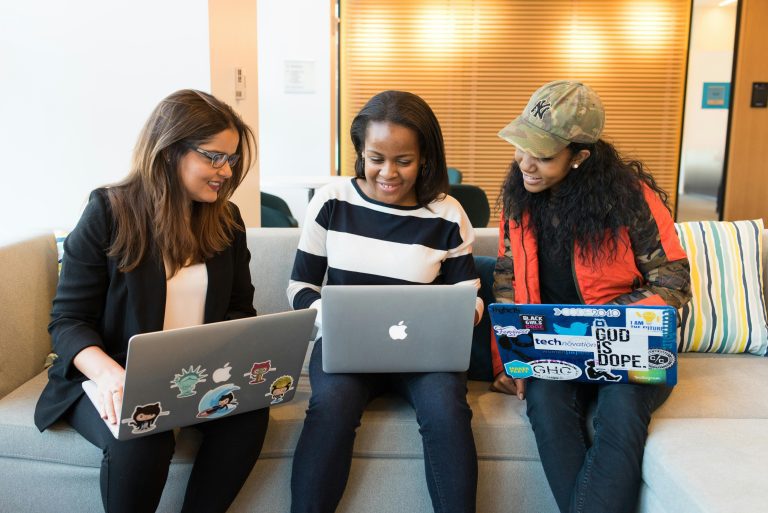What kind of future are you planning for? To help you formulate your answer, think about what you’re doing and why you are doing it. It may seem like stating the obvious, but everything we do should be done with the clear intention of creating a better future. That’s what hope is all about – a belief in a better future – as opposed to fear, which is a belief in a worse future.
If you’re wanting a better future, there’s not just one thing you need to do. There is a combination of things you need to get right. And you need to get the mix or balance just right, too. While a certain amount of seasoning in food enhances the taste, too much of it makes the food unpalatable.
So what are some of the many things we need to do? While HR has a very clear focus on people, just focusing on people is not enough. You have to focus on the many things that come with people being people. What about their health and wellness (see our Cover Story by Bonitas Principal Officer, Lee Callakoppen, on page 8), the technology that they will need to do more with less, the pay they need to receive that will make it worthwhile for them to work, the learning they need to undergo to ensure they are relevant in the future and can perform the tasks you want them to perform, the conversations they have to have that may be difficult and uncomfortable, the stress they have to manage in order to remain productive, the coaching they require that will help them grow in a personal and professional capacity, the legal precedents they need to bear in mind when dealing with labour issues, and so on?
These few ideas give but a brief glimpse of the complexity of preparing people and their companies for the future of work. And we haven’t even considered the many skills and qualities people require to perform and prosper in an increasingly unfamiliar world.
To complicate matters, people don’t just need more or better skills. They need completely different skills – skills they’ve until now never seen as relevant in the workplace. And the same applies to qualities. There are qualities that tomorrow’s leaders require that yesterday’s leaders cringe at considering, like vulnerability and sensitivity. In the past, no self-respecting leader thought that sensitivity was a desirable quality for a leader. On the contrary, they would have considered it a liability. Not any more.
As their desperation levels continue to rise, companies wanting to source the best talent in an increasingly talent scarce marketplace have to work harder at making their workplaces and workspaces pleasant and welcoming places. The days of telling employees they need to be happy they’ve got a job are over. If you don’t show them you appreciate them, someone else will. And you’ll find yourself in the business of conducting exit interviews.
What, then, should HR Professionals be doing to help their people prepare for the future?
For a start, I strongly recommend you get your company’s leadership right. And that means addressing the leadership of the CEO and your EXCO as that’s where everything starts. I hope you didn’t switch off when you read that. While we all know that everything starts at the top, very few actually act on that. That’s why companies spend millions on trying to get the culture of their companies right but not a cent on getting the CEO right.
And why should they?
Because, when all is said and done, culture boils down to one person – the CEO. He or she determines the culture of the organisation. Full stop. It doesn’t matter what others say or do. It’s what the CEO says or does that creates the culture. So spending a fortune on all sorts of programmes while you have a CEO who nurtures a hostile, suspicious or backstabbing culture is meaningless.
There are huge challenges and opportunities for HR Directors and HR Managers, and they require hefty doses of courage, so, good luck!
Alan Hosking is the publisher of HR Future magazine (www.hrfuture.net) and a leadership development expert who specialises in developing leaders of all ages. In 2018, he was named by US web site Disruptordaily.com as one of the “Top 25 Future of Work Influencers to Follow on Twitter”.


























